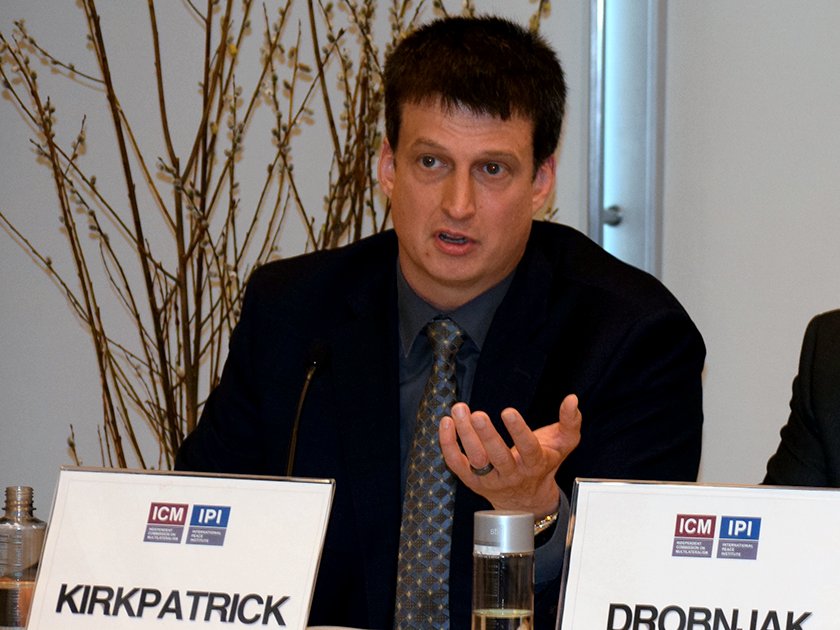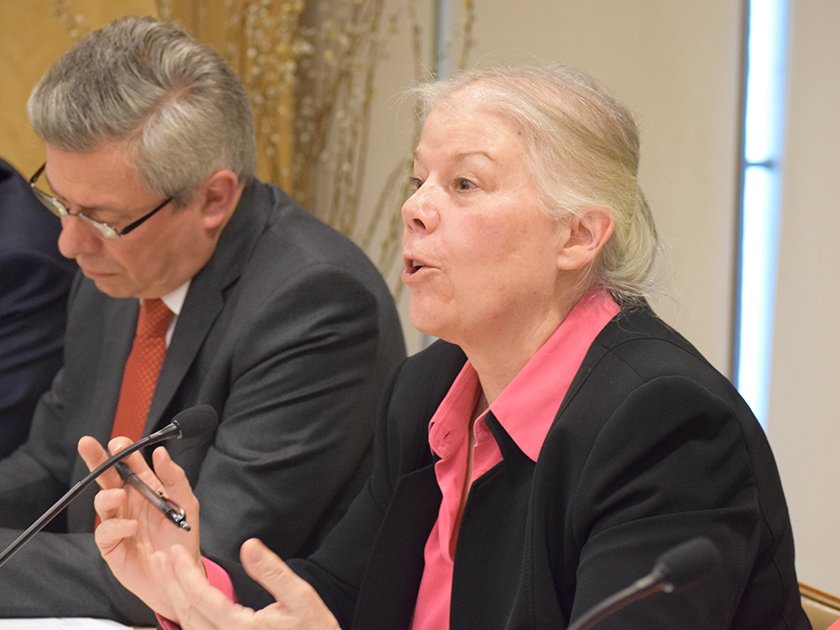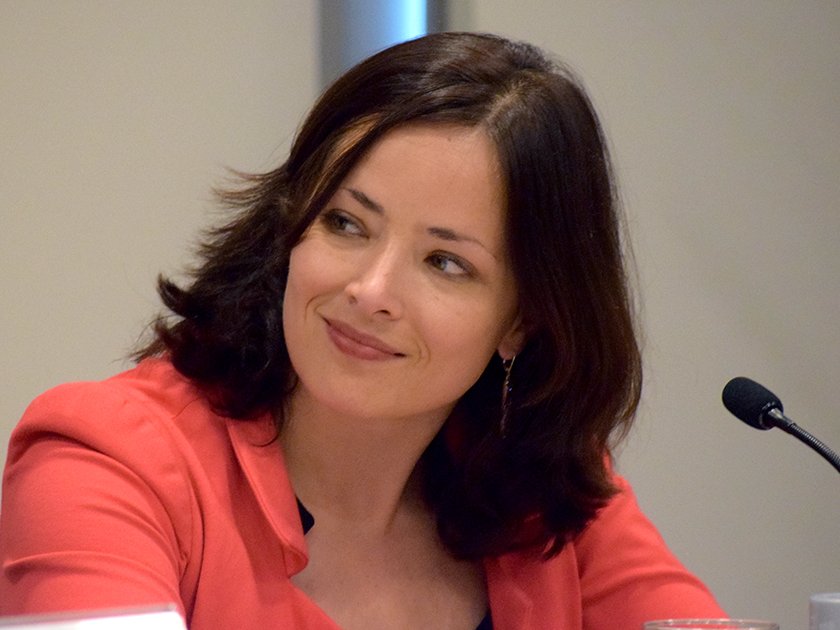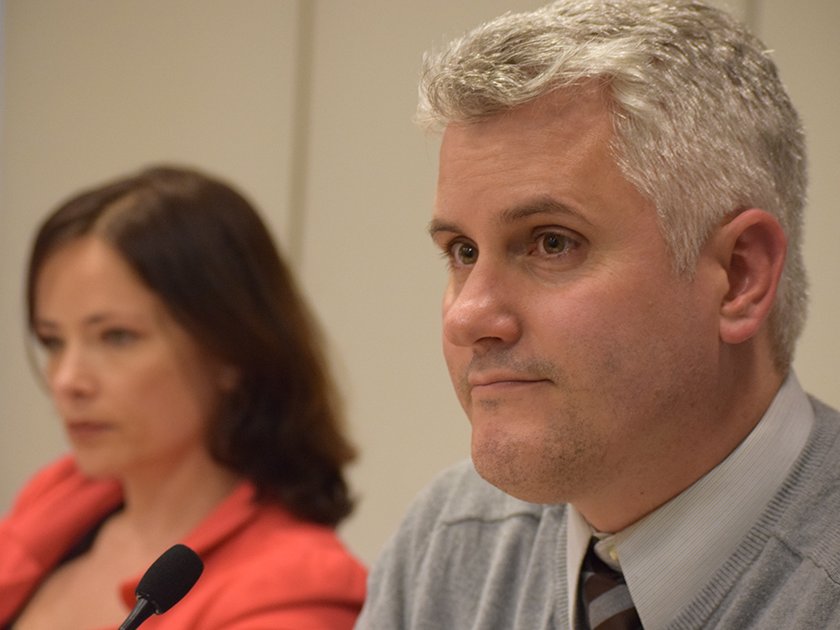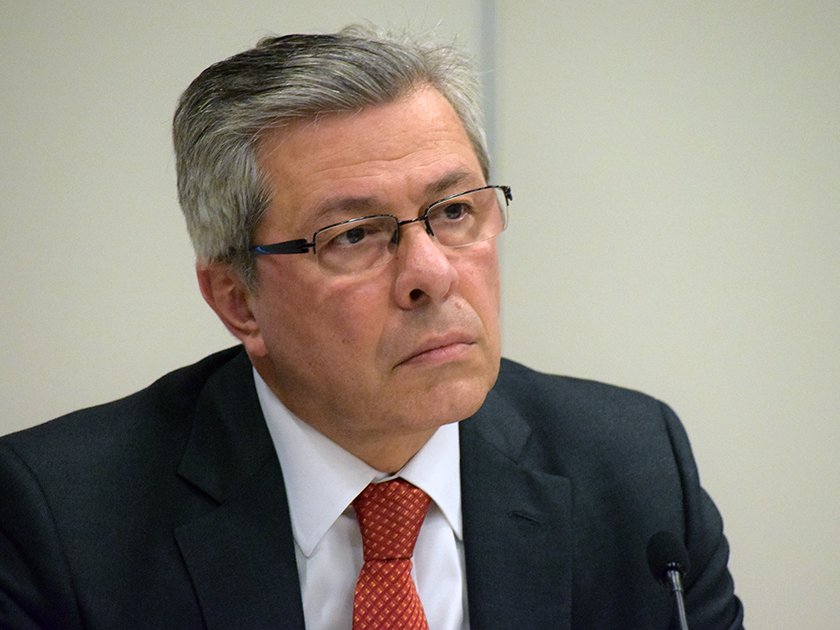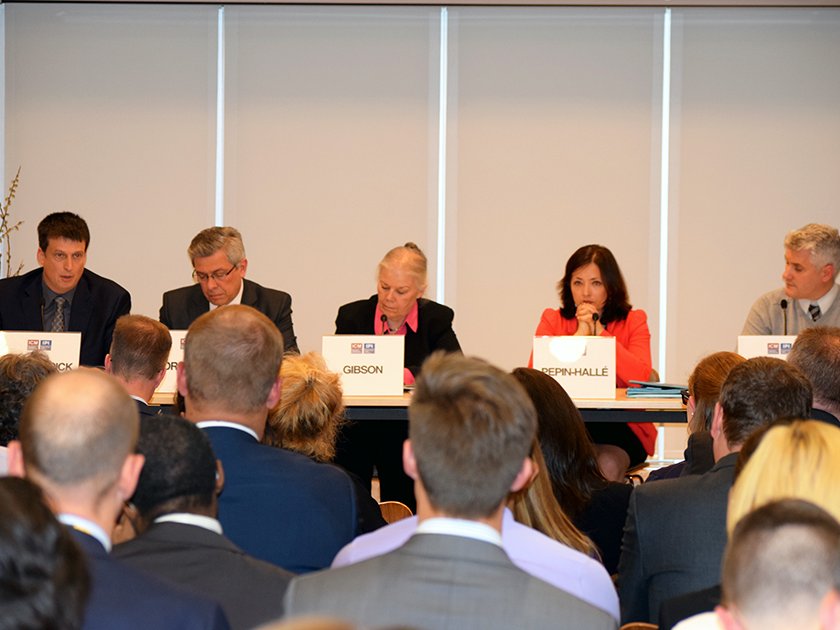The ICM hosted a public consultation on May 12th on its discussion paper: “The Impact of New Technologies on Peace, Security, and Development.”
Watch the webcast:
A new wave of technology is driving rapid global change. This change has created new opportunities for multilateral cooperation in the areas of sustainable development, state-society relations, peace and security, and global governance. Yet, with these opportunities comes the challenge of keeping up with the pace of change driven by technology; the UN must determine where it can play a useful role, particularly in norm-setting, and also assess where it can integrate new technologies into its work and where existing mechanisms and other actors may be better placed.
On sustainable development, for example, the UN is integrating new technologies into its work. The 2030 Agenda and the ten-year review of the World Summit on the Information Society (WSIS+10) make a strong link between access to ICTs and achieving sustainable development. In peace and security, new technologies can help prevent conflict by reducing the gap between warning and response, facilitating peacekeeping through new tools relevant to increasingly complex environments, and helping support peacebuilding by empowering local actors. New technologies and governance of the internet, on the other hand, is an arena where the future role of multilateral actors is subject to greater debate. Whether in sustainable development, peace and security, state-society relations, international security, or cyberspace, new technologies have transformed how the UN and multilateral institutions operate in a 21st century world. Based on these opportunities, challenges, and multilateral responses, this discussion paper provides recommendations for the UN System.
This public consultation focused on the insights and recommendations of the discussion paper. We received feedback from members of civil society organizations, academia, member states, and the private sector, and consequently considered the feedback while making adjustments to the paper.
Discussants:
H.E. Mr. Vladimir Drobnjak, Permanent Representative, Permanent Mission of the Republic of Croatia to the United Nations
Mr. Robert Kirkpatrick, Director, United Nations Global Pulse, Executive Office of the Secretary-General
Ms. Véronique Pepin-Hallé, Senior Adviser, Independent Commission on Multilateralism
Dr. Patrick Vinck, Assistant Professor, Department of Global Health and Population, Harvard Humanitarian Initiative, Harvard T.H. Chan School of Public Health
Moderator:
Ms. Barbara Gibson, Deputy Secretary-General, Independent Commission on Multilateralism

